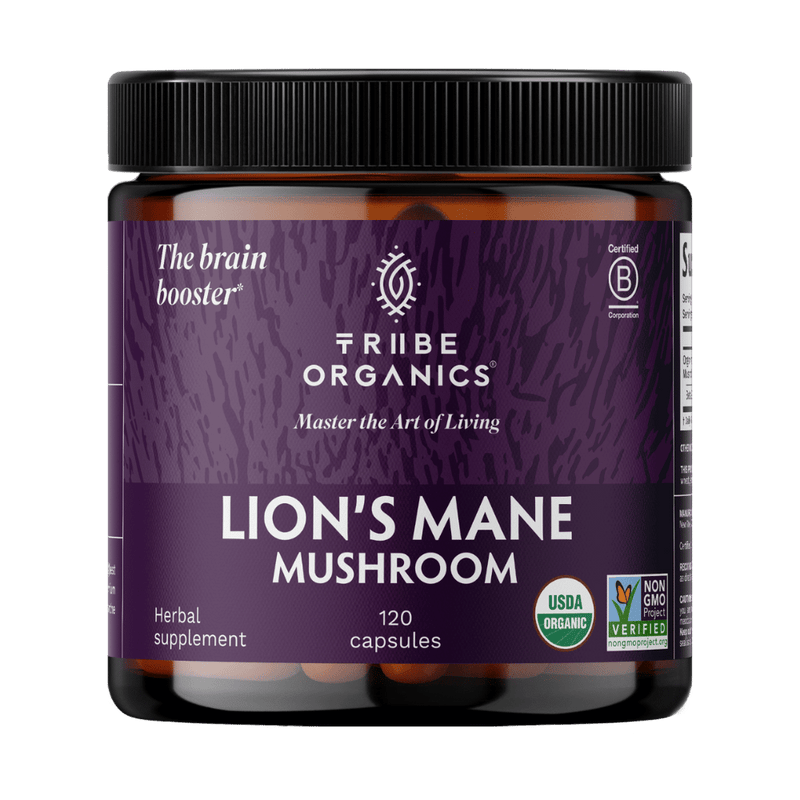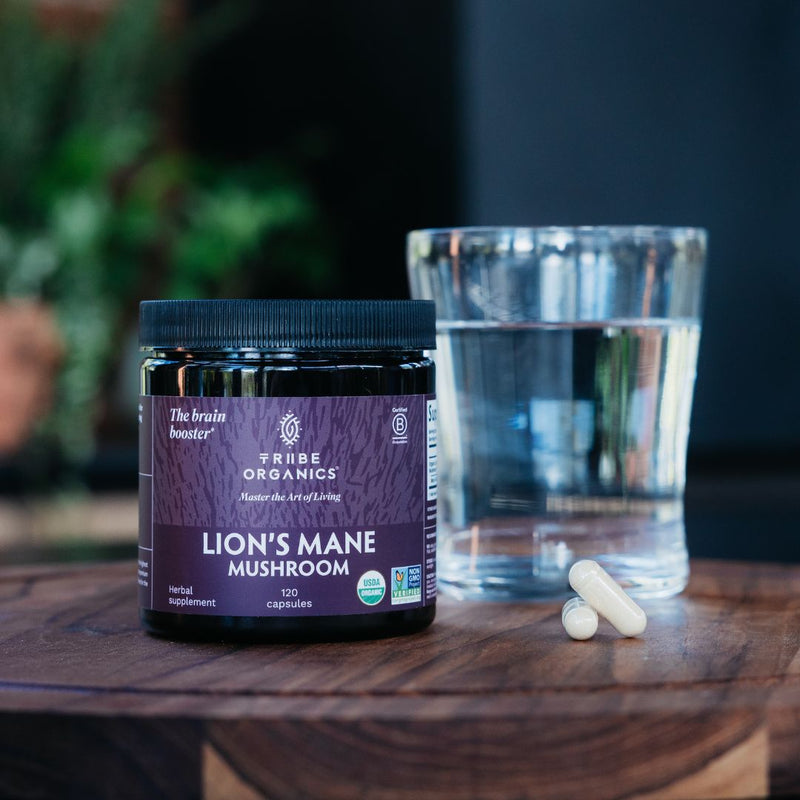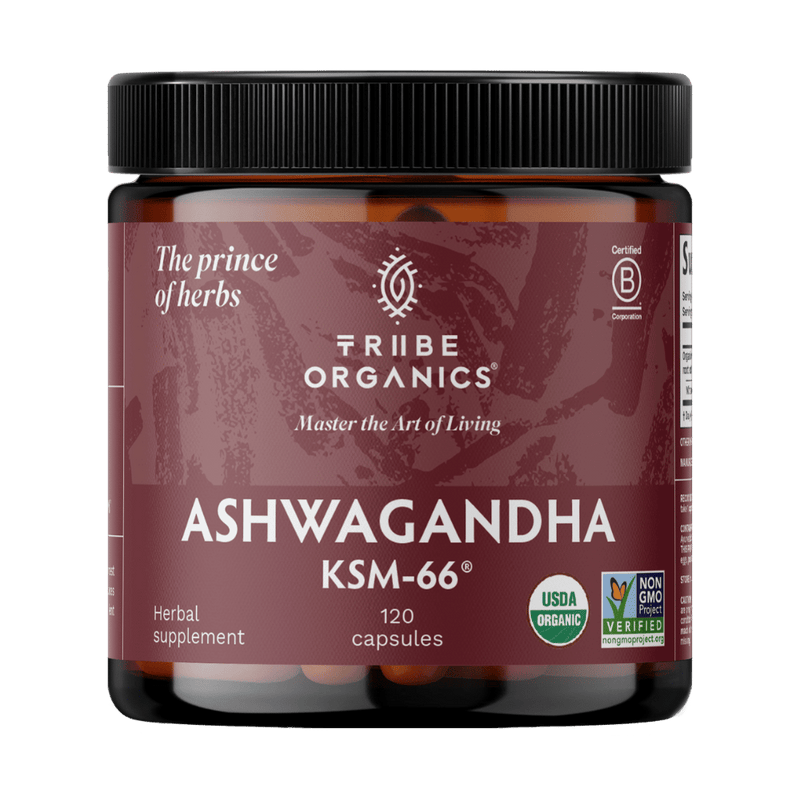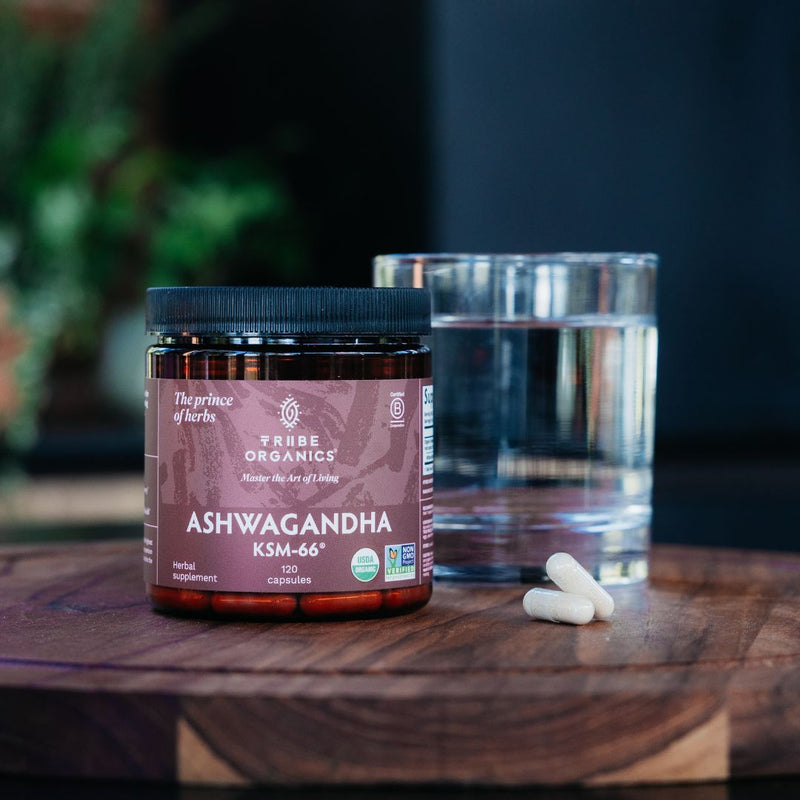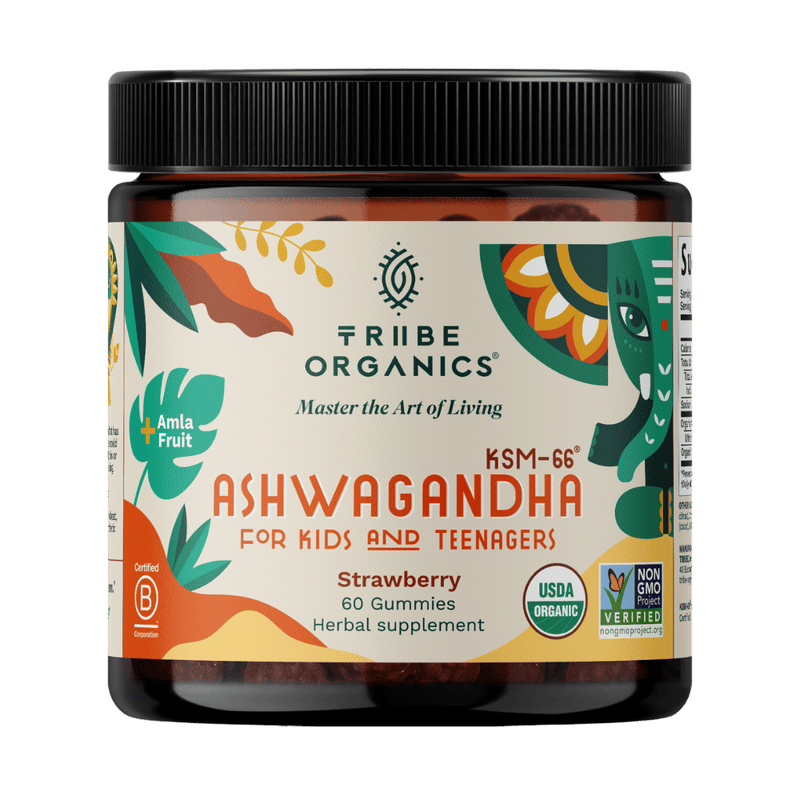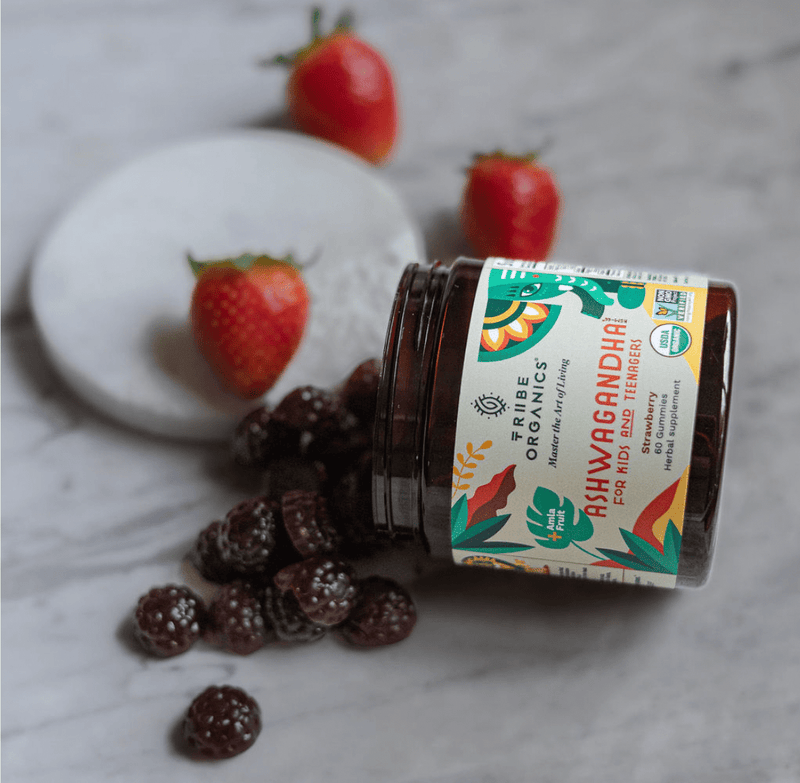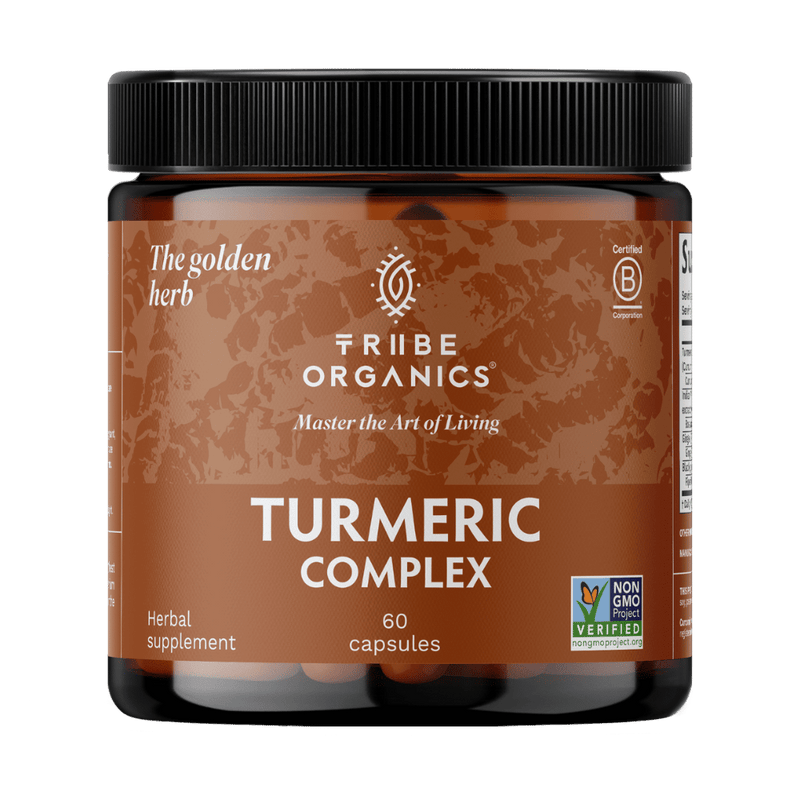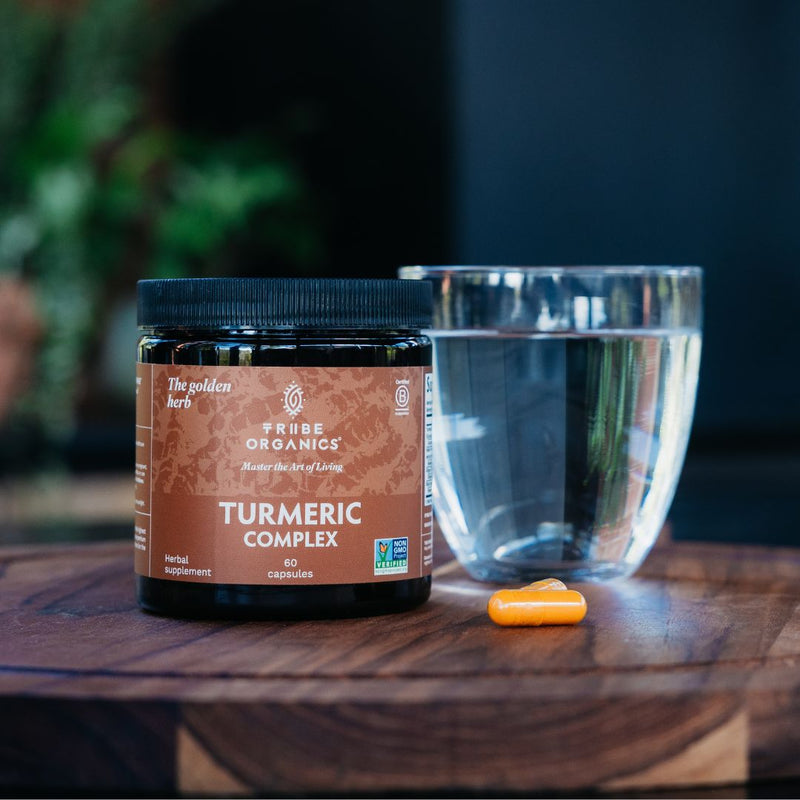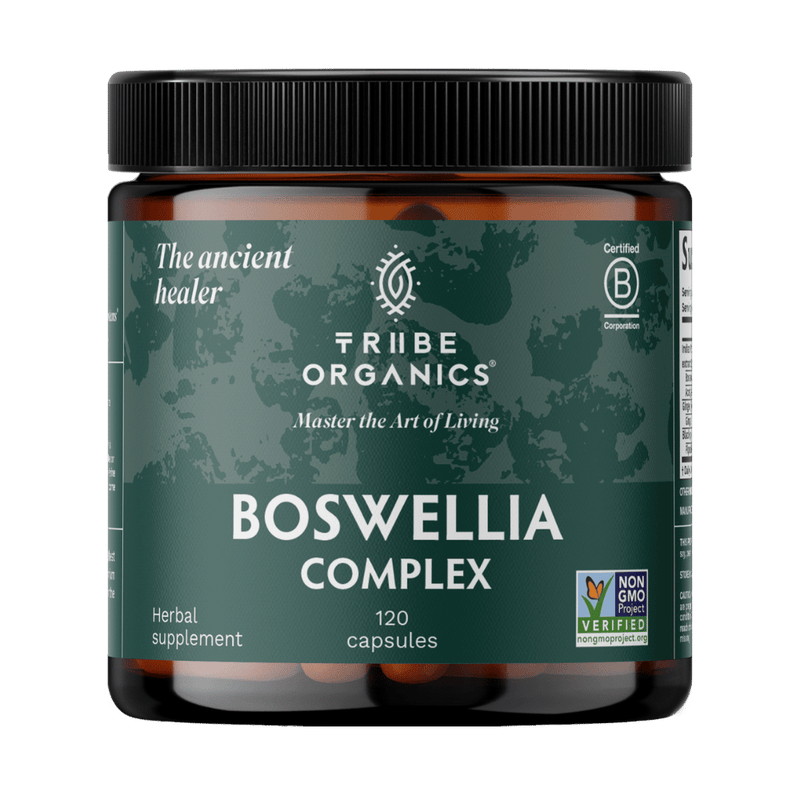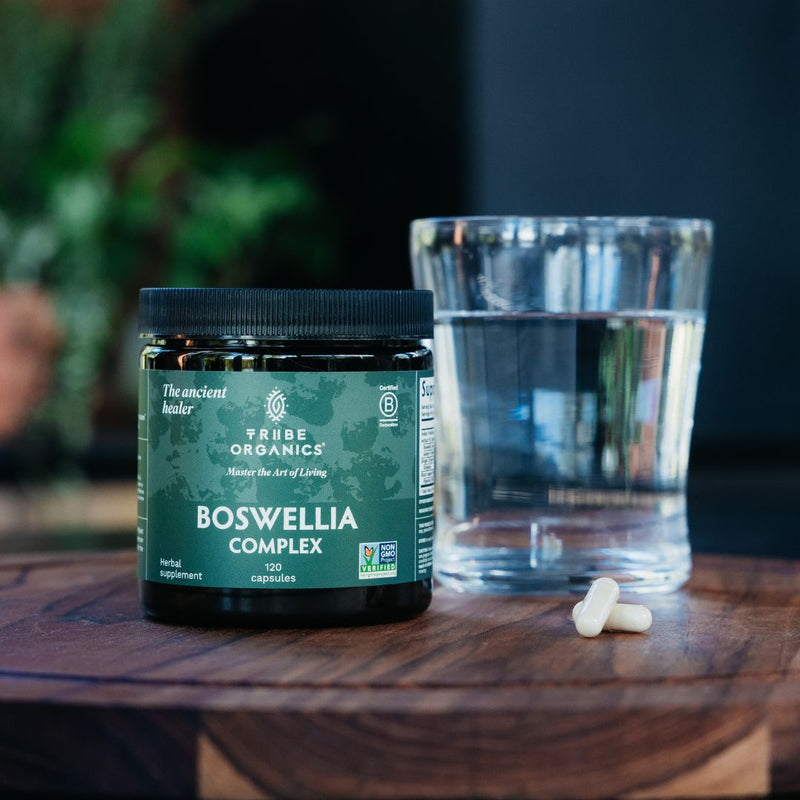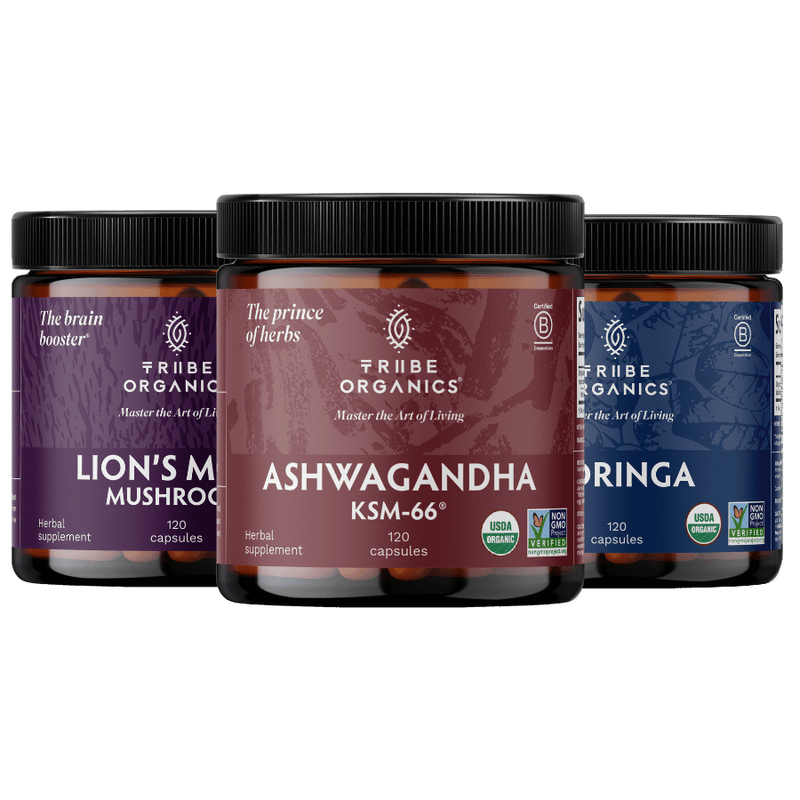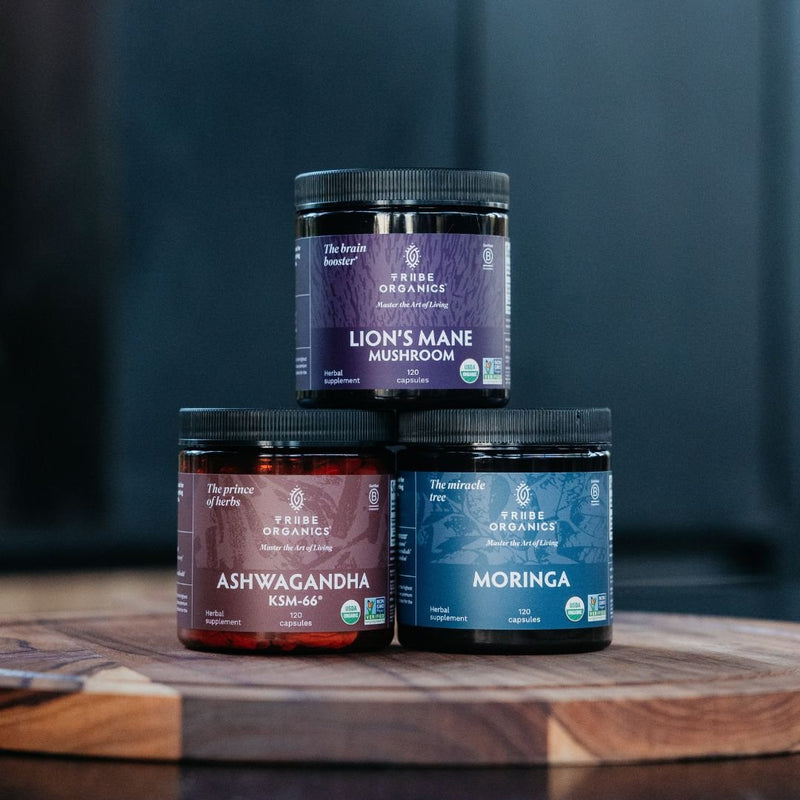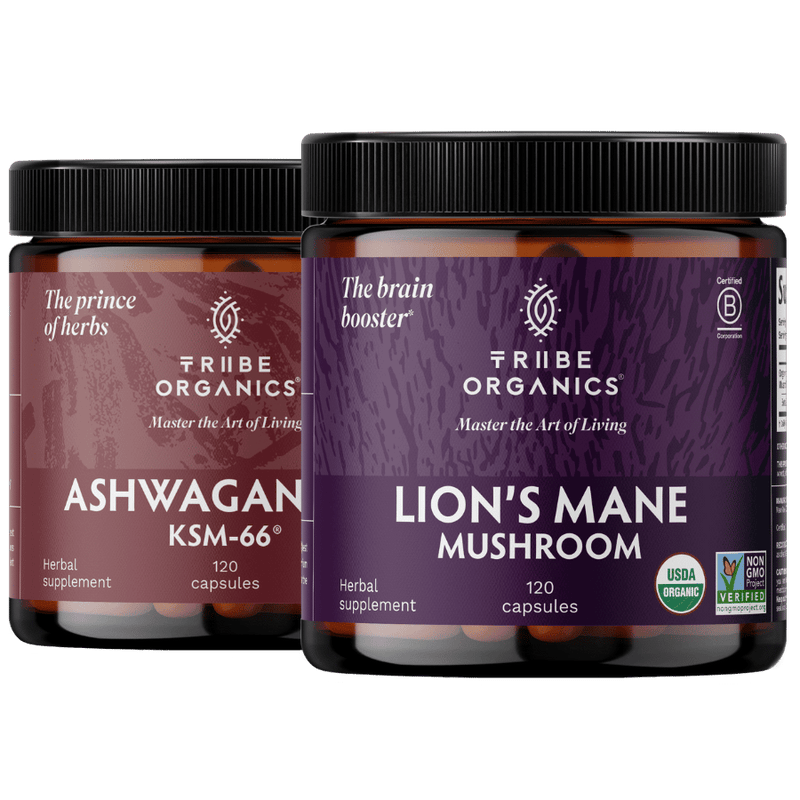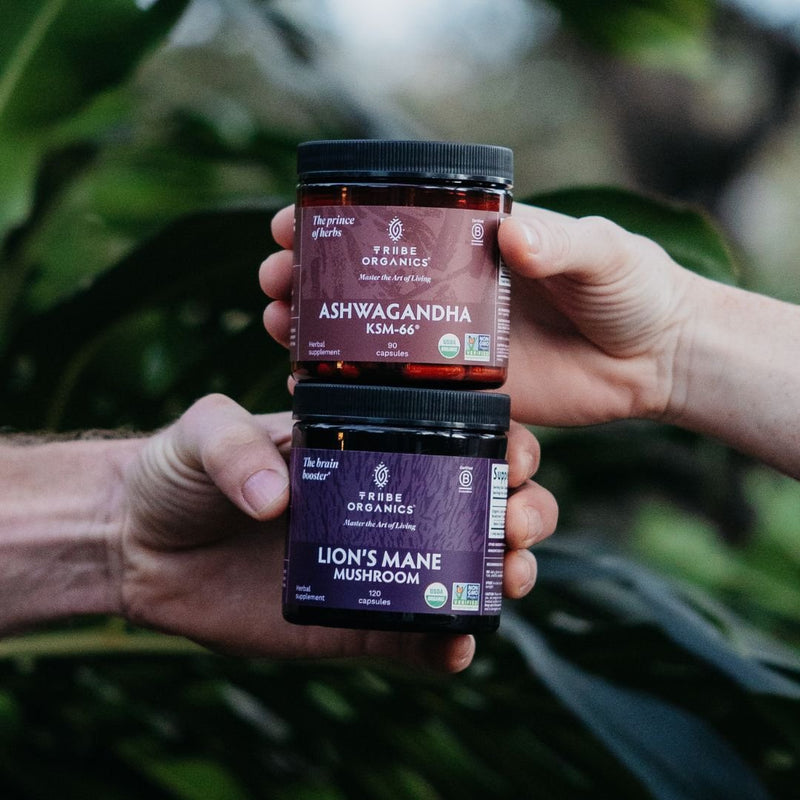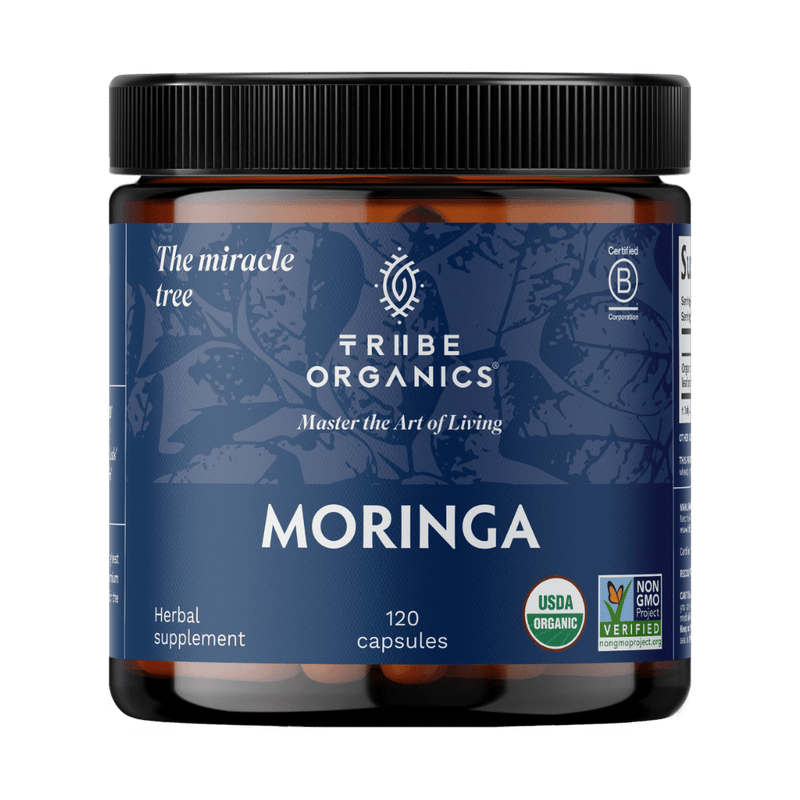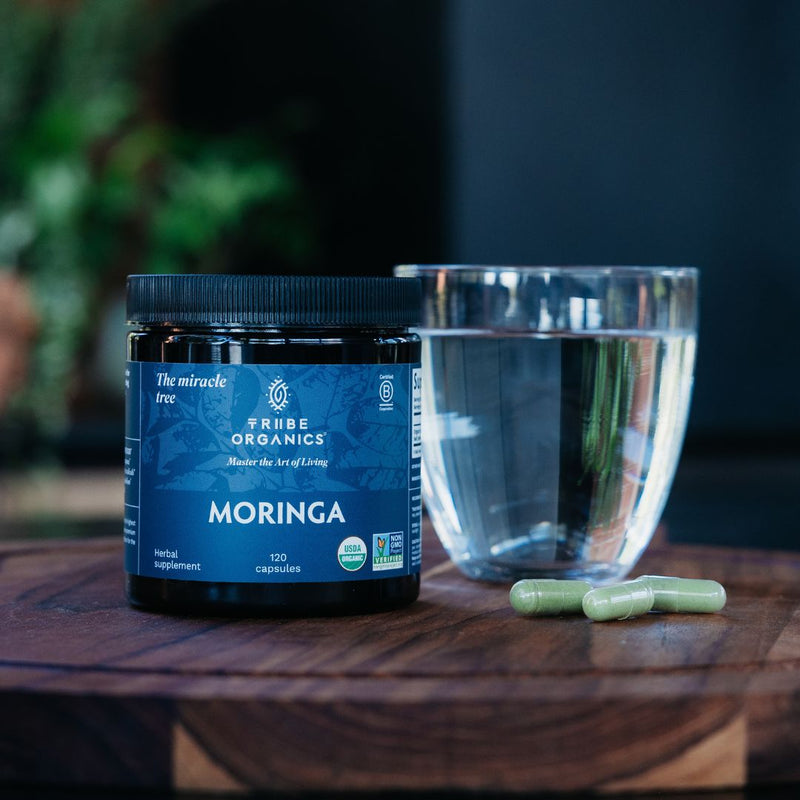Nootropics is another name for “smart drugs,” “brain boosters” or “memory- enhancing drugs.” New scientific studies are now validating the cognitive benefits associated with traditional nootropic herbs. And modern manufacturing methods make these botanicals safer, purer, and more effective than ever before.


In this post you’ll be introduced to nootropics and some of the best nootropic herbs that can be used as stand-alone supplements.

Origin of Nootropics
A nootropic is a substance capable of enhancing brain or mental function. Nootropics can help you boost memory, learning and overall brain function. The term “nootropic” is relatively new. Romanian psychologist and chemist Dr. Corneliu Giurgea synthesized Piracetam in 1963 and invented the term “nootropic” in 1972. It is derived from the Greek nous (“mind”) and trepein (to bend). Dr. Giurgea described a nootropic as having the characteristics of enhancing learning and memory. It should protect the brain while increasing natural cognitive processes. And should not be toxic, nor stimulate or depress the brain.What are Nootropic Herbs?
Nootropic herbs are naturally growing fungi, plants, or parts of plants including roots, stems, leaves, flowers and seeds, that are used for their brain-enhancing qualities. Each of the nootropic herbs mentioned in this blog post have a long history of traditional use in herbal medicine. Used for millennia by ordinary people as well as medical professionals. It’s only in the last hundred years that science has shown us how these herbs work in our body and brain. Validating what people have known through practical experience in using these herbs.Modern Nootropic Herbal Science
Our ancestors used nootropic herbs in their most basic form; dried, raw, as a powder or steeped as a tea. And while effective, ancient herbal medicines were not that consistent in their brain- enhancing activity. Modern manufacturing methods have advanced to the stage where we know a specific nootropic herb will provide predicable, consistent benefits from batch to batch. And some extracts that can only be produced with modern lab techniques can amplify nootropic cognitive activity for more specific benefits. The latest manufacturing techniques for nootropic herbs include.- Standardized Extracts - provide an exact level of a plant’s active nootropic compounds in each serving.
- Concentration - distilled into highly potent herbal extracts resulting in smaller quantities offering great cognitive-enhancing activity.
- Calibration - precisely measured botanical extracts are made to supply more specific nootropic compounds shown to benefit your brain
Not only does modern lab and manufacturing techniques provide more effective nootropic herbs. Safety is also enhanced because unwanted compounds or toxins can be prevented from entering your nootropic supplement.
Best Nootropics
So what is the most effective Nootropic? Nootropics that have been studied most extensively and shown to offer real mental health benefits include:Medicinal Mushrooms
These include species like Reishi, Cordyceps, Lion’s Mane, Turkey Tail and Chaga. These fungi have been shown in studies to help support cognitive function in some of the following ways:
- Fighting cognitive impairment in older adults
- Possessing antioxidant properties that protect the brain acting as adaptogens that increase resilience during times of stress
- Helping to regulate cortisol levels
- Fighting fatigue and low immune function
- Possessing anti-tumor and immune-enhancing properties
Adaptogen Herbs
Adaptogens are a class of herbs that help the body adapt to stress, and exert a normalizing effect in your body. As a nootropic, adaptogens can help strengthen mental fortitude, and can help maintain active, energized thinking in response to the brain-dulling effects of prolonged stress. Adaptogens are valued for their ability to boost endurance and physical performance. These include herbs and fungi like Ashwagandha, Ginseng, Holy Basil, Astragalus Root, Licorice Root and Rhodiola Rosea. Holy Basil is one adaptogen that may be effective in improving stress response, lowering blood corticosterone levels (another stress hormone) and creating positive alterations in the neurotransmitter system of the brain. Rhodiola and Astragalus can help those suffering from stress-related fatigue and may boost mental performance, particularly the ability to concentrate, and decreases cortisol response. Licorice Root can help increase energy and endurance and boost the immune system, while Ashwagandha may prevent stress-related gastric ulcers, poor cognition and memory, neurodegenerative diseases, inflammation and dysregulation of the adrenal glands caused by high cortisol levels.Fish Oil and Omega 3s
Omega-3 fatty acids such as DHA and EPA are essential building blocks for a healthy brain and may offer protection against damage to brain cells. They may also help support memory and focus and reduce inflammation. Omega-3’s can be found in fish like salmon or sardines, nuts like walnuts, chia seeds and flaxseeds, and also obtained from taking fish oil capsules.TRIIBE Organics Nootropics
Ashwagandha KSM-66
Ashwagandha has been used in Ayurvedic medicine for more than 5k years. In Sanskrit it literally means “the smell of a horse” which implies this herb provides the vigor and strength of a stallion. As a Nootropic, our Ashwagandha helps relieve stress, fatigue, restore energy and boosts concentration. As an adaptogen it helps your entire body by normalizing blood sugar, boosts insulin sensitivity, works as an antioxidant, promotes breast, lung and colon health, and protects against inflammation. The clinical dose recommended for adults is 600 mg per day, for kids 300 mg per day and for teenagers 300-600 mg per day.Lion's Mane Mushroom
The primary active compounds in Lion’s Mane are hericenones and erinacines. Hericenones help your brain produce more Nerve Growth Factor and erinacines easily cross the blood-brain barrier to boost the production of neurons. TRIIBE Organics' Lion’s Mane Mushroom can help improve focus and attention, boost thinking, repair brain cells, help depression and anxiety, and manage other neurological problems like Alzheimer’s, Dementia, Parkinson’s and Muscular Dystrophy. The clinical Lion’s Mane Mushroom recommended dosage is 1800 mg per day.
Something Extra
In addition to incorporating nootropics into your routine, consider how you can include more brain-boosting foods in your diet to naturally improve focus and memory. Examples of nutrient-dense “superfoods” that include vitamins, phytonutrients and antioxidants which can support cognitive function include:- Cocoa
- Avocado
- Beets
- Blueberries
- Bone broth
- Broccoli
- Egg yolks
- Organ meats like liver
- Olive oil
- Leafy greens
- Turmeric
- Green tea and organic coffee
Risk and Side Effects
Not much is known about the the potential long-term side effects of using many nootropics, especially when taken in “stacks” (complex formulas that combine various products). While most nootropics are generally considered to be safe, there are possible side effects to be aware of. These include: developing a tolerance (which means you’ll need more to get the same affects), symptoms of withdrawal, brain fog when discontinuing nootropics, hyperactivity, anxiety and trouble sleeping. Certain nootropics may also taste unpleasant and cause an upset stomach if taken without food. Keep in mind that nootropics are intended to work gradually when it comes to providing cognitive benefits, so you may not experience many improvements for eight 12 weeks. If you’re concerned about any interactions between nootropics and medications you’re taking, always consult your doctor. Stop using nootropics if you experience side effects, especially if combining nootropics with other drugs.Shop best sellers
Explore our collection of favorite items that have gained popularity for their quality and satisfaction.




